Know how to become member of a coin collector forum. Learn how important numismatic information and reference are in the hobby of coin collecting.
Have you joined in an online coin collecting forum lately?
The ancient art of numismatics has evolved through time. Today, in the peak of the so-called Information Age, the internet plays a vital role in keeping numismatists from near and far updated with the latest developments in coin collecting.
Coin collecting forums are composed of an “online community” of
coin collectors who meet over the internet to discuss numismatic topics.
Sometimes called a coin collecting message board, it aims to enrich the social
ties among coin collectors as they post various topics on what else but coins.
Coin collecting user groups aim to provide a worthwhile exchange of ideas among their members. Most common topics may include:
• Questions (members asking about a certain coin, where to buy this and that, etc.)
• Comparisons ( comparing coin prices and coin grades, and so on)
• Polls (members’ opinion on investing in certain bullion, etc.)
• Updates (new coin issues, prices of gold, silver, etc.)
• Buying, trading and selling
If it is your first time to visit a coin collecting forum, you may encounter these terms:
• member – a person who has registered in the user group
• post – an electronic message that contains the topic, user’s details, date and time it was made
• thread – a series of posts started by the first post or original message
• moderator – or simply, the mod is the moderators of the discussion. They can delete posts that do not follow forum’s the guidelines
• administrator – or the admin, overseer the site’s technical details. The highest in the hierarchy of the web-based forums
Registration
Just like any of its kind in the internet, coin collecting forums require their users to register. Users usually undergo a verification process and are made to agree on the terms and conditions provided by the forum administrators.
Once registered, they become members and are required to have a username and password that he or she uses to log in. Sometimes, members are asked to make a little biography or profile. However, forum guests (those who were not registered to the user group) are free to view the members’ posts but they cannot participate.
Forum rules
Coin collecting forums are governed by certain rules and regulations to make sure all will go perfectly well for members during the discussion. General codes of conducts when posting a thread or in forum interactions include but do not limit to the following:
• no using of foul language
• be polite in group discussions, avoid personal attacks
• no posting of unrelated topics, pictures, and links. Post numismatic topics only
• no spamming
Numismatic information and reference
Coin resources enhance your numismatic expertise. As a reservoir of numismatic information, this is where you learn about related topics on your favorite hobby – coin collecting. Numismatics has evolved through time and the new things to discover are boundless. Likewise, coins have an extensive history and there are a lot to learn.
Coin resources are a one-stop shop for obtaining the how, where, and why regarding numismatics. Thanks to today’s technology, everything you need to know is right at your fingertips.
Coin history
The yesteryears of coins are quite interesting. All over the world, coins reflect the economic history of the country. As a reputable coin collector, you have an ace up your sleeve when you know the history of numismatics. This is way you can appreciate your coin collection better.
Coin book
Coin books contain references on coin collecting. The unwritten canon in numismatics goes: buy the book before you buy the coin. Ask any coin connoisseur and they will tell you how important this rule is.
Each coin collector has his or her own preference in which coin to collect. Before you invest, take time to read coin books; educate yourself with the pros and cons of those certain types of collectible coins. Some coins may be valued for their metal content (bullion coins) while others because of their unique attributes (error coins) but nonetheless, all coins have a specific market price and value.
Consider getting a Redbook (for the dealer’s retail price) and a Bluebook (for the wholesale price) for coin references. These coin books come in handy when buying and selling coins. Remember, not all coin dealers tell the truth. Doing your little homework, making a little background check in coin resources, can get you the best deal for your money.
Coin museum
A coin museum is a must-see for every coin enthusiast who wants to feast his or her eyes with the rare and famous coins. Coin museums are excellent coin resources for they offer a wide array of collection from ancient bullion to modern coins. Some numismatic exhibits are small scale exhibits while others occupy a whole building just to house their extensive coin collections.
But coin museums are not for numismatists only. It is for everyone who wants to immerse him or herself in the various economic culture and history of people all over the world. Major coin collecting clubs like the American Numismatic Association have their own coin museums.
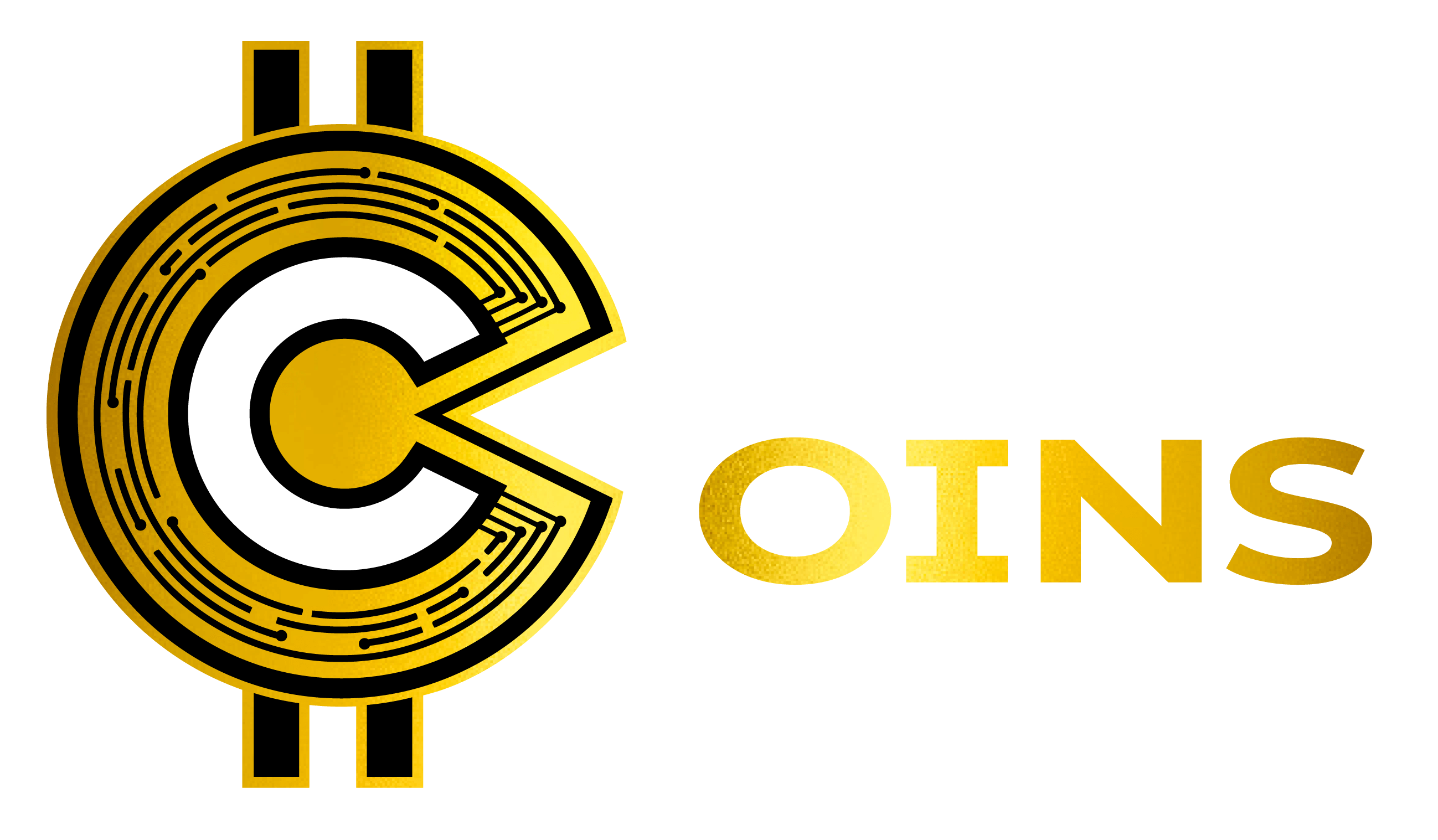
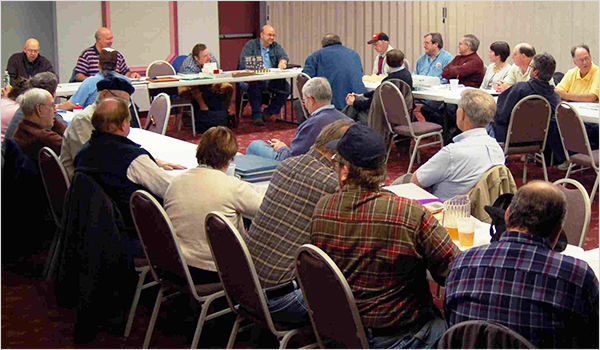




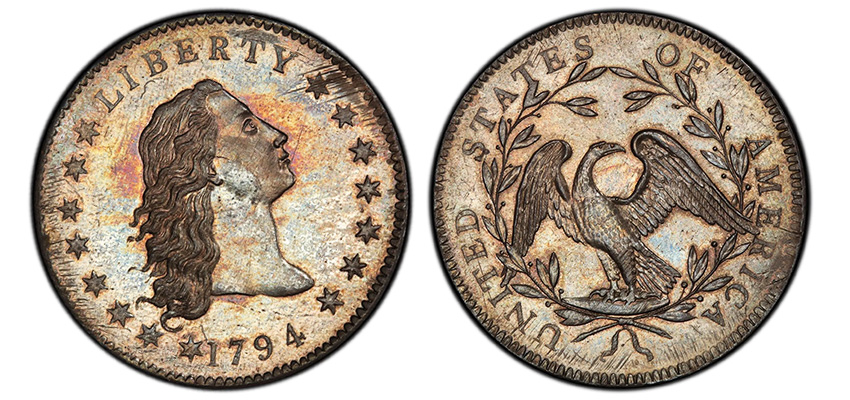
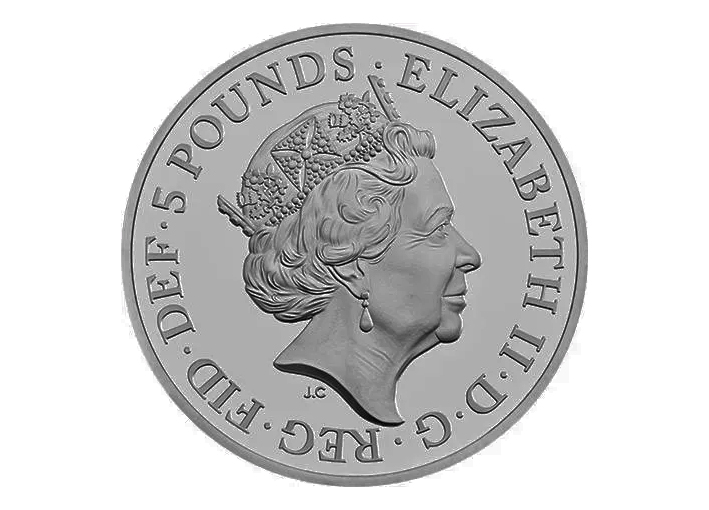
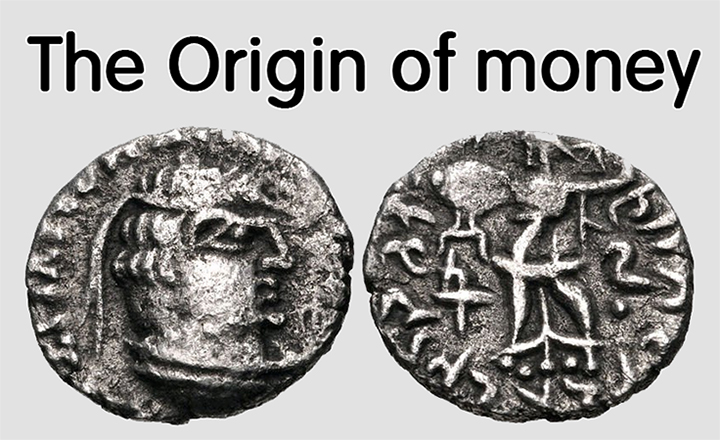
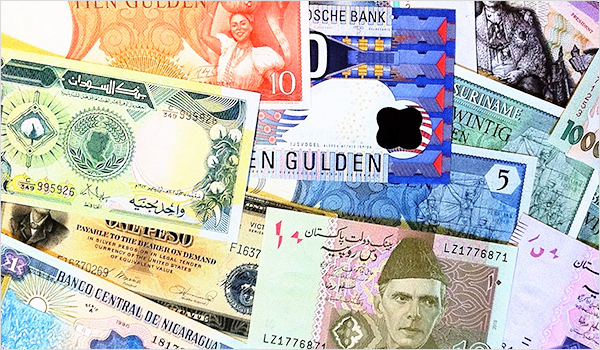

Leave a Reply